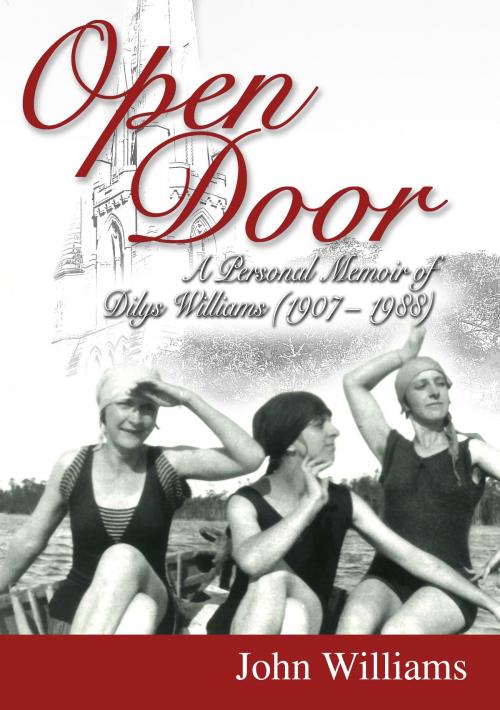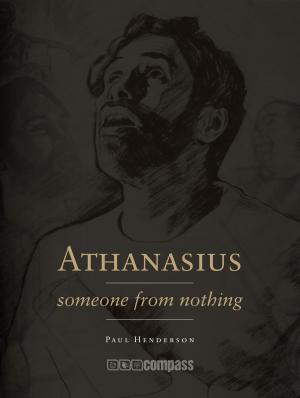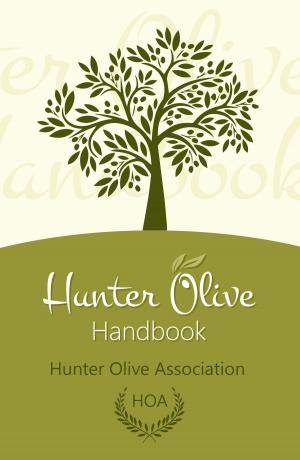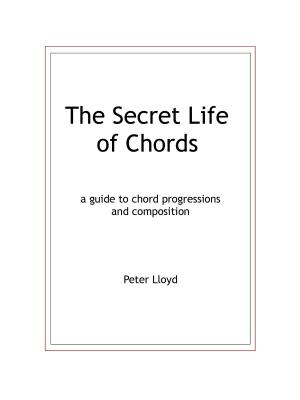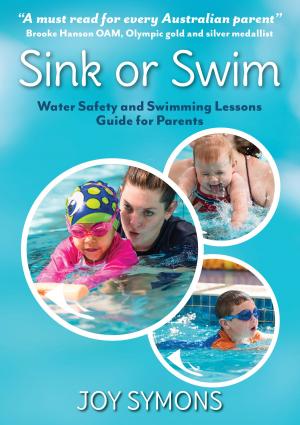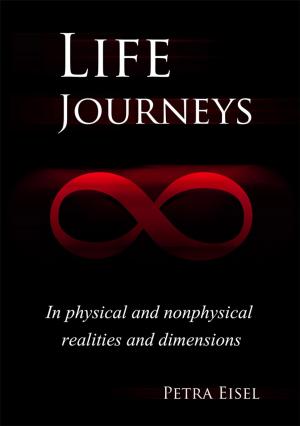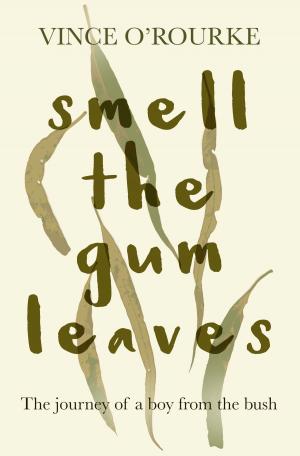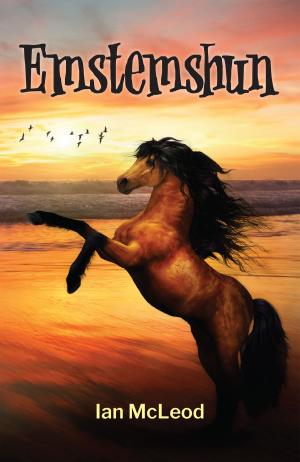Open Door
A Personal Memoir of Dilys Williams (1907-1988)
Biography & Memoir, Religious, Nonfiction, Religion & Spirituality, Christianity, Church| Author: | John Williams | ISBN: | 9781925177237 |
| Publisher: | Australian eBook Publisher | Publication: | November 11, 2014 |
| Imprint: | Language: | English |
| Author: | John Williams |
| ISBN: | 9781925177237 |
| Publisher: | Australian eBook Publisher |
| Publication: | November 11, 2014 |
| Imprint: | |
| Language: | English |
In 1931, Dilys Elizabeth Jamieson Williams applied for candidature for admission to the ordained ministry of the the Australian Presbyterian Church, the first woman of that denomination to do so. Though her application was stalled, Williams’ competence in Christian theology flourished, outshining many ordained ministers, who, at that time, were overwhelmingly men. Through later studies at Glasgow University, Williams’ embrace of biblical Hebrew enabled her to enliven the Semitic underlay of Jesus’ sayings. Scoffed as eccentric and lovelorn for controversialist Samuel Angus, Williams’ penetrative insights and capacity for leadership were rarely appreciated in her lifetime. In elucidating fragments of Williams’ life and thought and contextualizing these, Williams’ vibrancy of faith, life, and intellect is compared to the open door described in the Revelation of John.
In 1931, Dilys Elizabeth Jamieson Williams applied for candidature for admission to the ordained ministry of the the Australian Presbyterian Church, the first woman of that denomination to do so. Though her application was stalled, Williams’ competence in Christian theology flourished, outshining many ordained ministers, who, at that time, were overwhelmingly men. Through later studies at Glasgow University, Williams’ embrace of biblical Hebrew enabled her to enliven the Semitic underlay of Jesus’ sayings. Scoffed as eccentric and lovelorn for controversialist Samuel Angus, Williams’ penetrative insights and capacity for leadership were rarely appreciated in her lifetime. In elucidating fragments of Williams’ life and thought and contextualizing these, Williams’ vibrancy of faith, life, and intellect is compared to the open door described in the Revelation of John.
